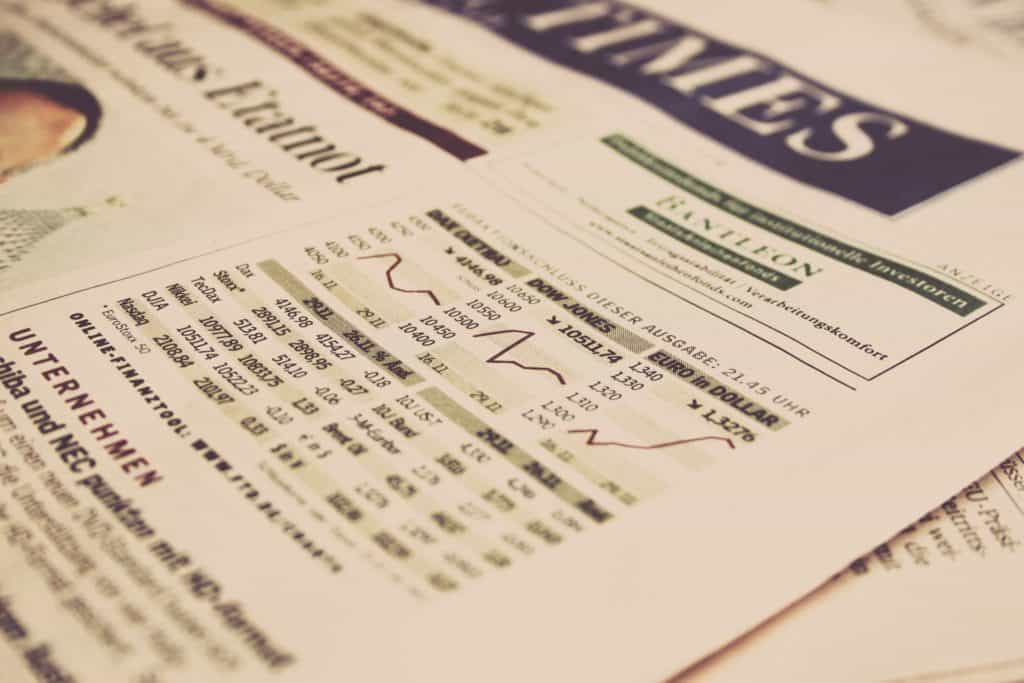
The most common questions people ask revolve around the difference among various investments. There are three key areas to invest money — stocks, bonds, and funds.
Let’s focus on stocks today.
Equities, a.k.a. stocks
Equities is just another word for stocks. When you buy stock in a company, you are acquiring an equity position in that company. Even if you own just one share of stock, you are indeed an owner of that company.
These equities are traded in markets such as the New York Stock Exchange (NYSE), and the companies could be a U.S. company (like IBM) or located in another country (JNJ). As long as the company stays in business, you remain an owner. If the company goes under, you can lose your entire investment.
Blue Chip Stocks
The term blue chip refers to the most valuable companies. If you’ve ever played card games that use chips, the blues are more valuable than the reds or whites. Blue chips are typically older companies with a long track record of performance. Many pay a reliable dividend, and investors call these companies “cash cows.”
Beginners usually start investing with blue-chip companies. Coca-cola and IBM are examples. These are seen as generally safe investments, because the companies have such long track records.
Preferred Stock versus Common Stock
Some companies offer preferred stock. It is so-called, because investors with preferred stock receive a fixed dividend get paid before common stock holders. And in the event the company fails, preferred stock holders position takes precedence over common stock holders. However, preferred stock holders typically do not have voting rights.
Common stock offers shareholders voting rights in the company, but their interest is subordinate to preferred stockholders. This means they are last in line for company assets. Creditors (i.e., banks), bondholders and preferred shareholders come first in that order.
Common stocks may also pay a dividend.
So what are dividends?
A dividend is a period payment, usually quarterly, to the shareholder of record on the declaration date. When you own stock in a company you earn a share of the profits. Not all companies pay a dividend. For instance, a newer company often retain earnings for internal investment and expansion.
The dividend yield is the ratio of the dividend per share (DPS) to the price per share (PPS). As such the yield moves up and down with share price on the open market.
Stocks bought for the exclusive purpose of receiving the dividend are called income stocks.
Buying and Selling Stock
Shares in a company are typically bought through a broker, like TDAmeritrade. But some investors use their bank’s trust department. For those who are so inclined, DIY investing on “freemium” platforms (e.g, Robinhood) is becoming increasingly popular.
If you can create a Facebook account, you can open an online brokerage account. The one extra step involves entering bank account information and verifying two micro deposits.
Tax Implications
When stocks are sold, you may have had what is called a capital gain (or loss). The way these gains are taxed depended on how long they stocks were held. Capital gains tax is paid on investments held over one year. Otherwise, they are subject to ordinary income tax. Think of it as the difference between flipping a house versus holding it for a few years.
Feedback
That’s a quick rundown of the basics. What other questions would you like to learn more about? Ask in the comments below, and I’ll do my best to answer them in future articles or on my soon-to-be launched YouTube channel.